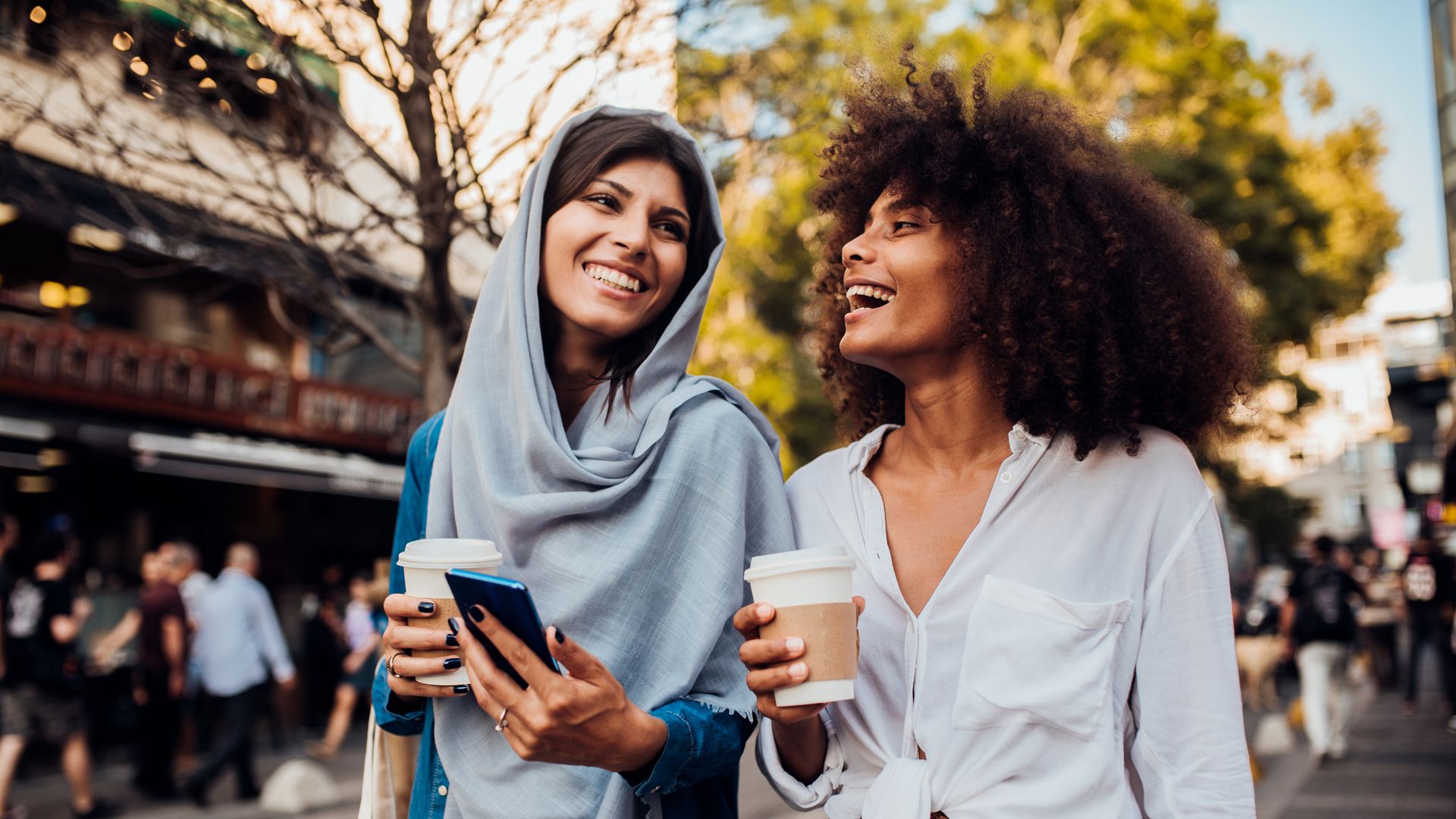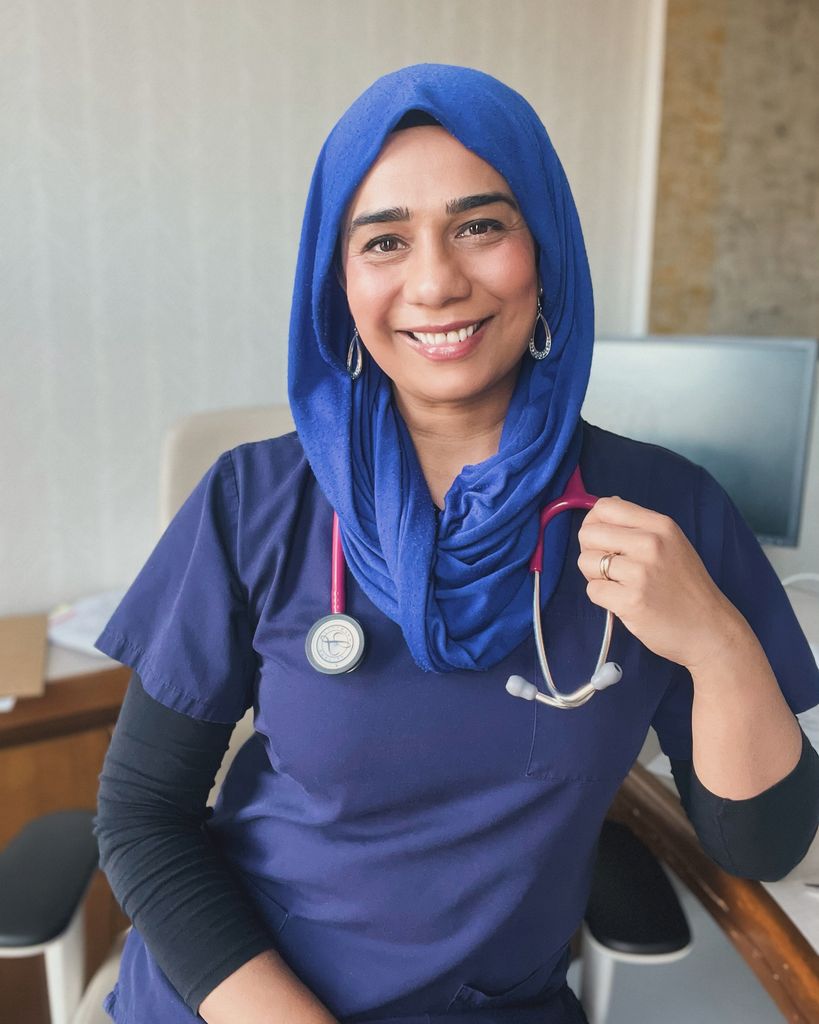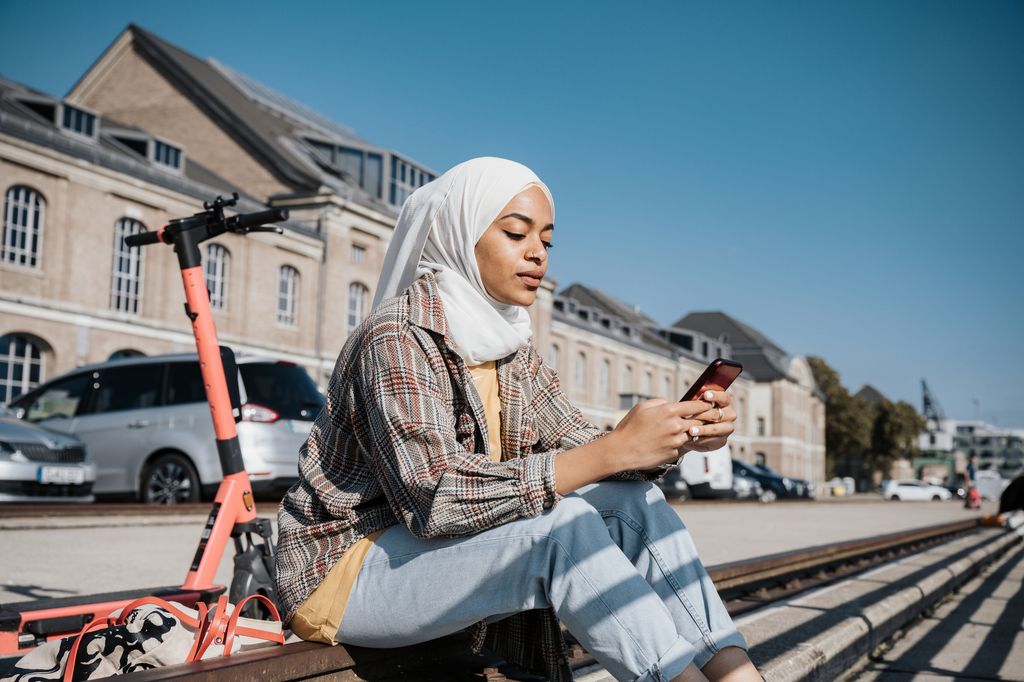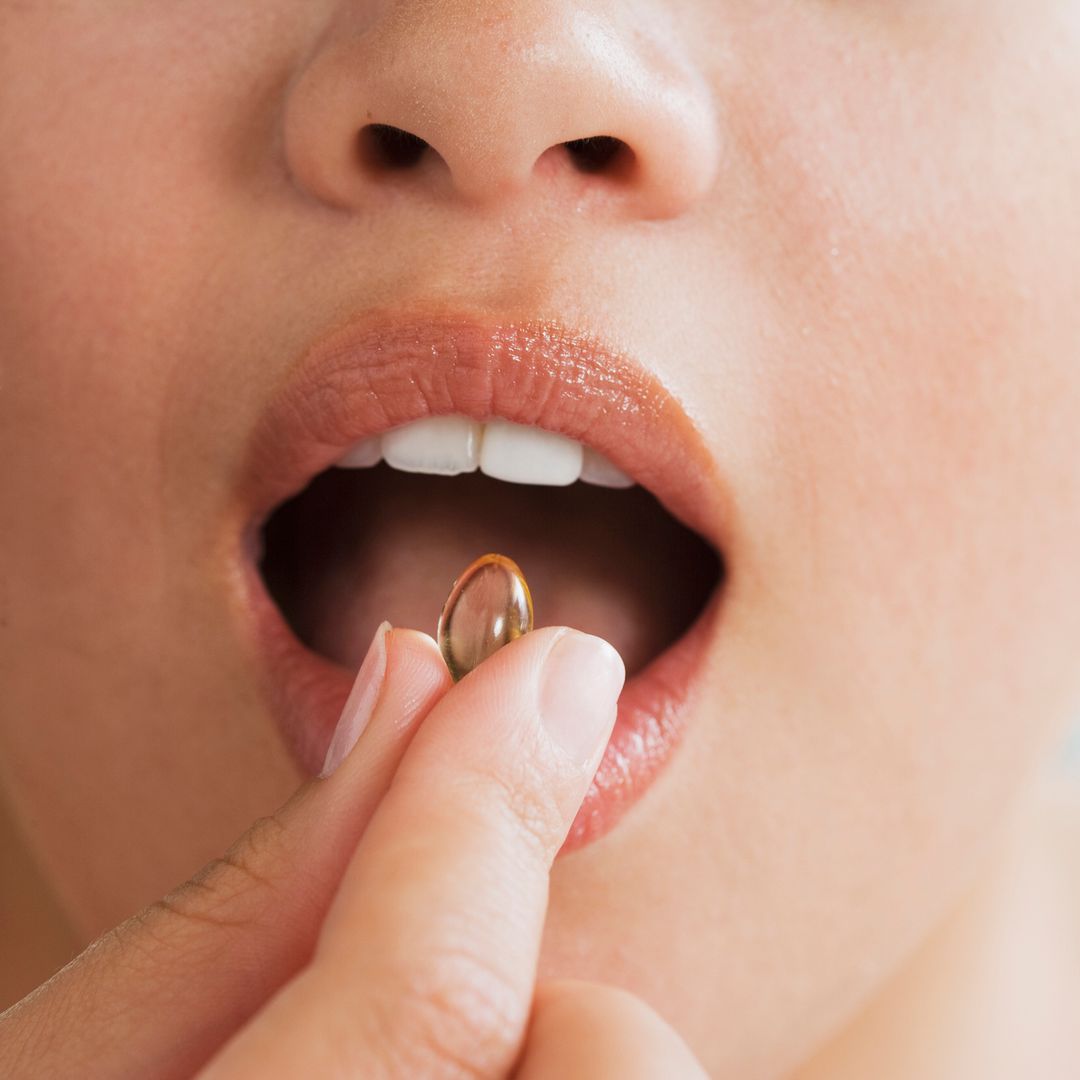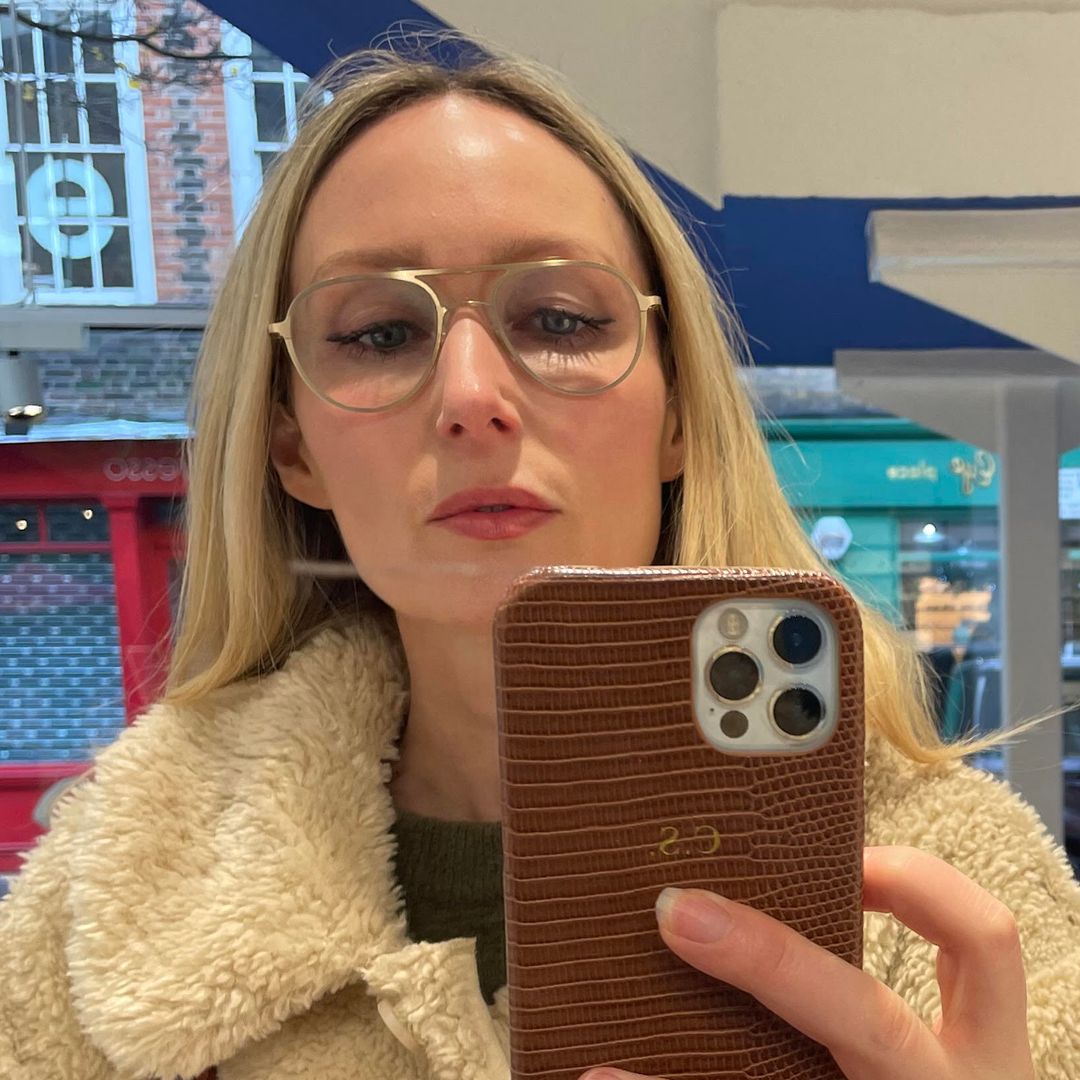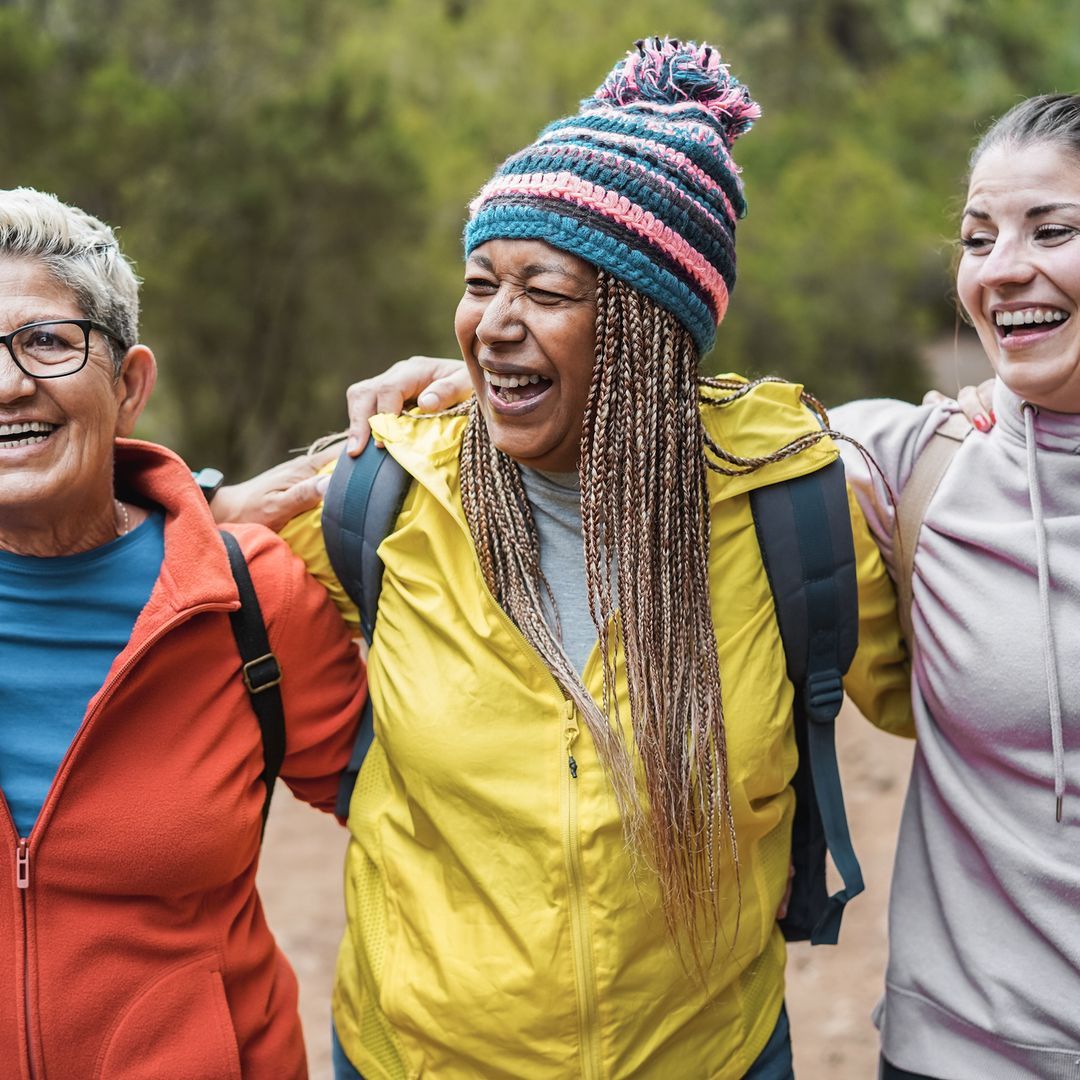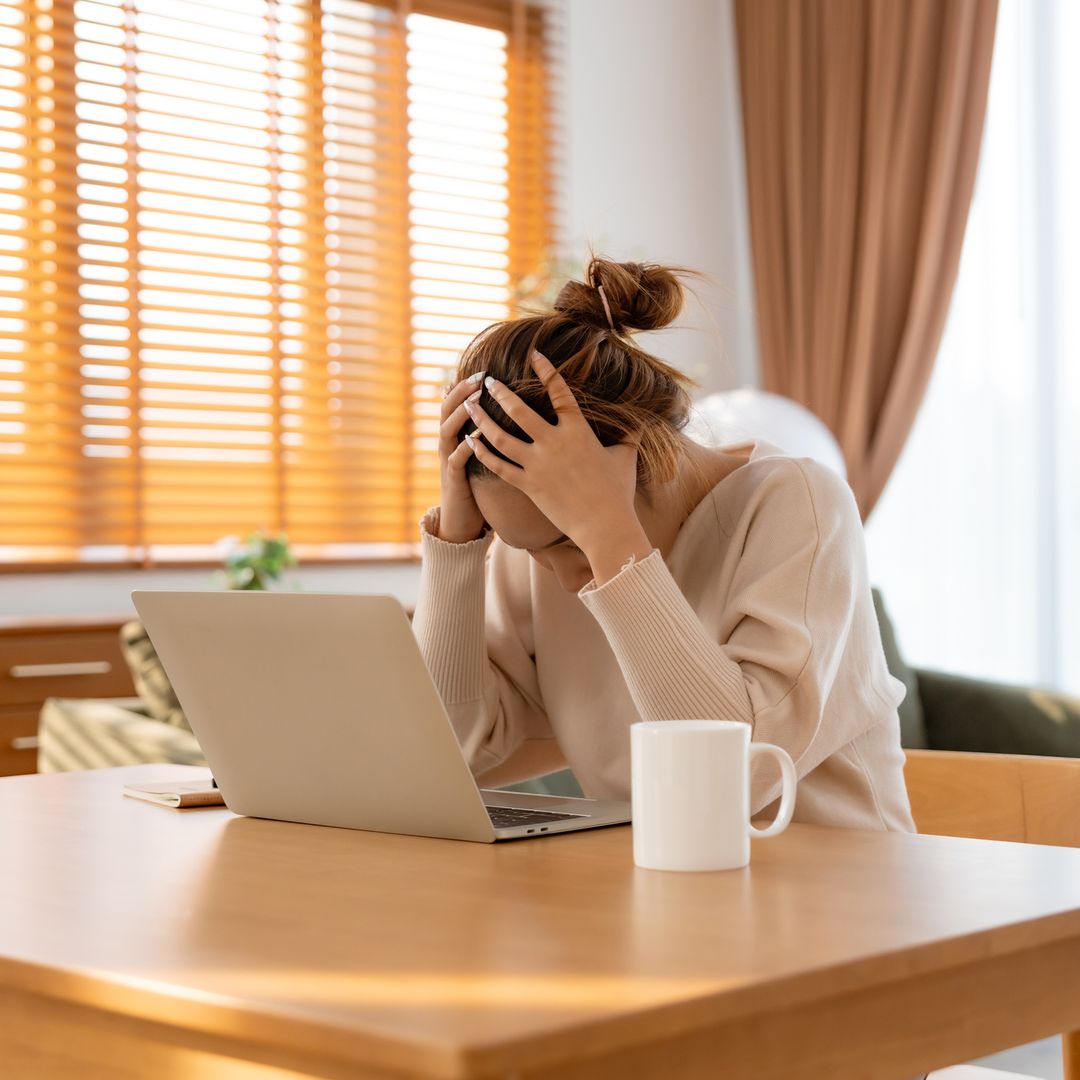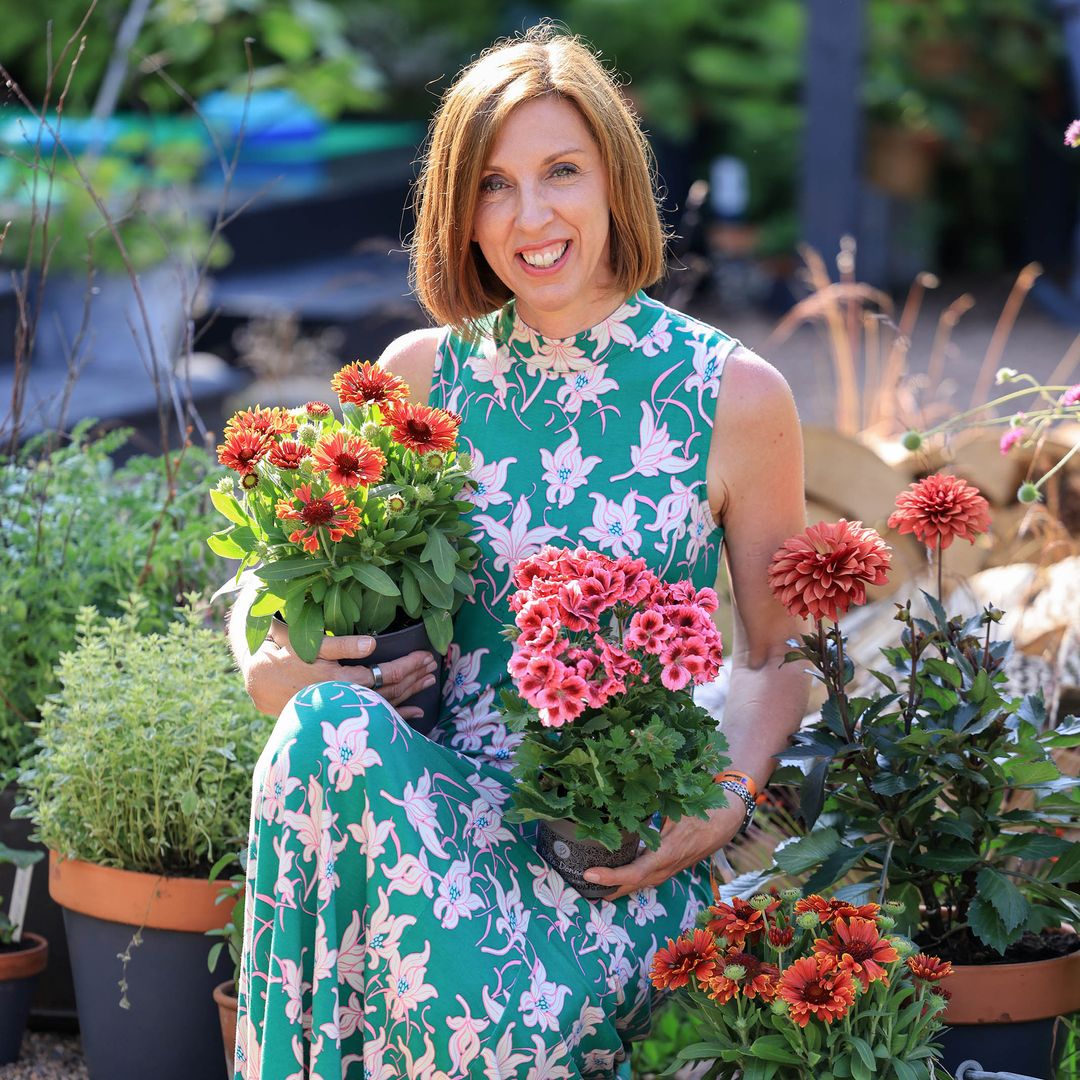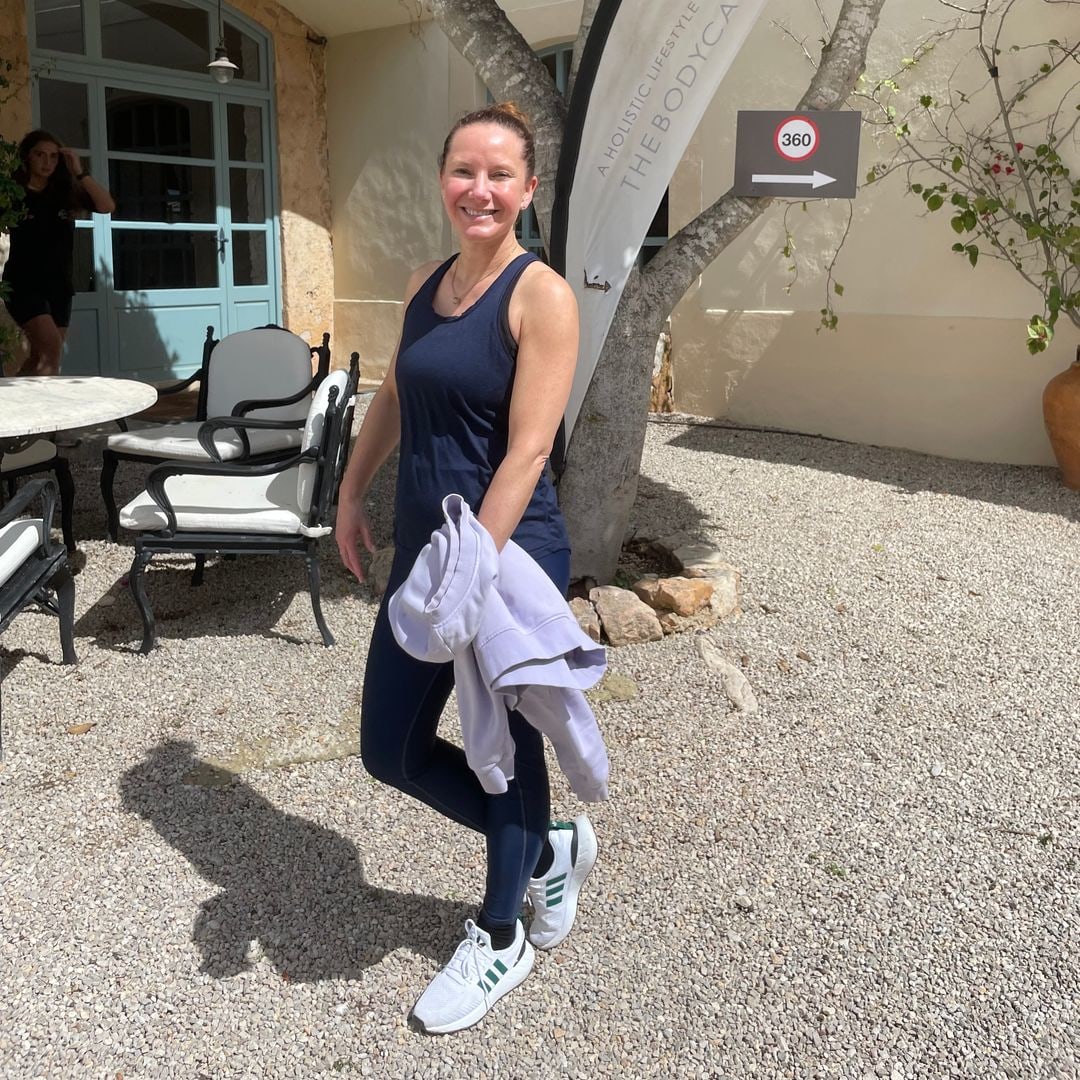If you search 'menopause' on the NHS website, one of the first symptoms listed is hot flushes, but according to women's health expert Dr. Nighat Arif, 20% of women don't complain of this symptom – and this could be down to a cultural divide.
"Through my decade of work with South Asian women, I've realised that they don't want to complain about hot flushes because it's not seen as something to bother the doctor with," explains Dr. Arif.
"The support black women and South Asian women want is completely different, and we all have our own different nuances," she continues, adding: "Perimenopause has a Western, white narrative and therefore minority groups are completely missed when it comes to treatment."
Cultural differences
Dr. Arif explains that the context of symptoms that we attribute to the menopause is nuanced to the cultural heritage of that individual, noting that women from South Asian and black communities are more likely to complain of all over body pain, fatigue and feeling exhausted.
"They'll share that they're suffering from poor sleep and headaches, or stomach pain and bloating, but not about the psychological symptoms such as low mood and depression. This is because they attribute that to mental health and mental health means that you're "crazy" and that is something that is even more taboo."
Dr. Arif laments that this reluctance to share symptoms considered taboo can lead to misdiagnosis in minority groups. "If women complain of all over body pain, they’re often diagnosed with fibromyalgia, or told that they have a lack of vitamin D.
"The data currently shows that only eight per cent of South Asian women and black women are offered HRT, which is the first line treatment. Instead, many are offered anti-depressants, which they don't want to take, due to the mental health stigma."
Further emphasising the need for nuanced menopause care in South Asian communities, Dr. Arif explains that there is no word for menopause in Urdu, explaining that the term used to translate to barren, whereas the term used in Arabic translates to "age of despair."
"When you don't have the language to be able to express, it feels like that that's not something you ever want to complain about," Dr. Arif adds.
ADVICE: Menopause is a breeze thanks to this daily habit
A time of celebration
Despite the reluctance to talk about menopause in South Asian women, Dr. Arif says that for Muslim women such as herself, this period is a time for celebration.
"The end of your periods offers a freedom," she explains. "As a Muslim woman, you're not allowed in the mosque on your period. You can't pray or attend weddings or funerals. You also can't fast during Ramadan if it falls on your period.
"Freedom from menstruating means you're not restricted by these patriarchal rules anymore – it's a real privilege to age."
The health collective
In her bid to open the discussion around menopause in marginalised groups, including LGBTQ+, those with hearing difficulty, wheelchair users and those hit by poverty, Dr. Arif works with the Health Collective to map grassroots organisations building trust within marginalised communities.
The Health Collective, which is being supported by The Big Give, wants to ensure all girls and women receive the best care, regardless of their background or the community they belong to. It is made up of and led by grassroots organisations, representing women's voices from every marginalised community in our society.
"We're aiming to uplift women's health care from cradle to grave," Dr. Arif says of the work the Health Collective does. "We're doing the work that's needed to empower, engage with women and further the women's health strategy.
"What black women want and what I as a South Asian woman with a hijab want, is completely different, and we all have our own different nuances," she reaffirms. "It's about time that we start to engage with and amplify it."

